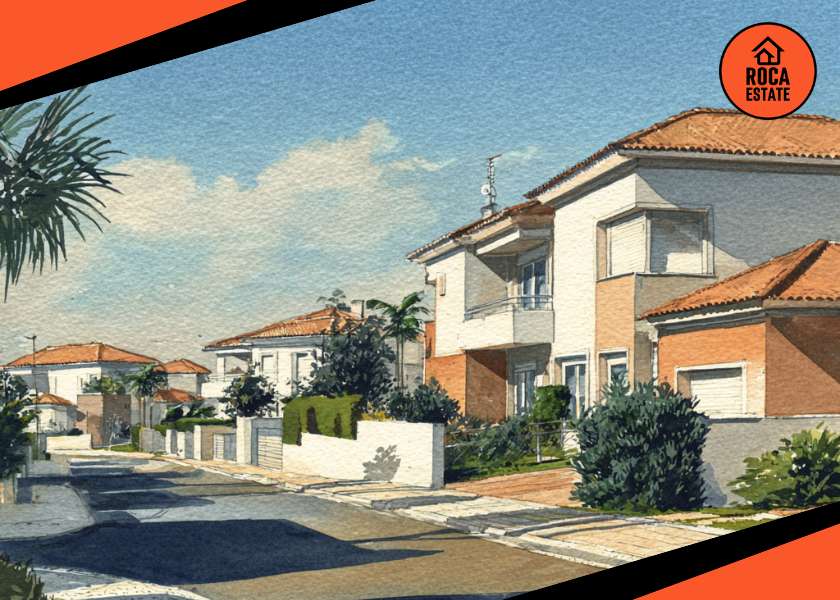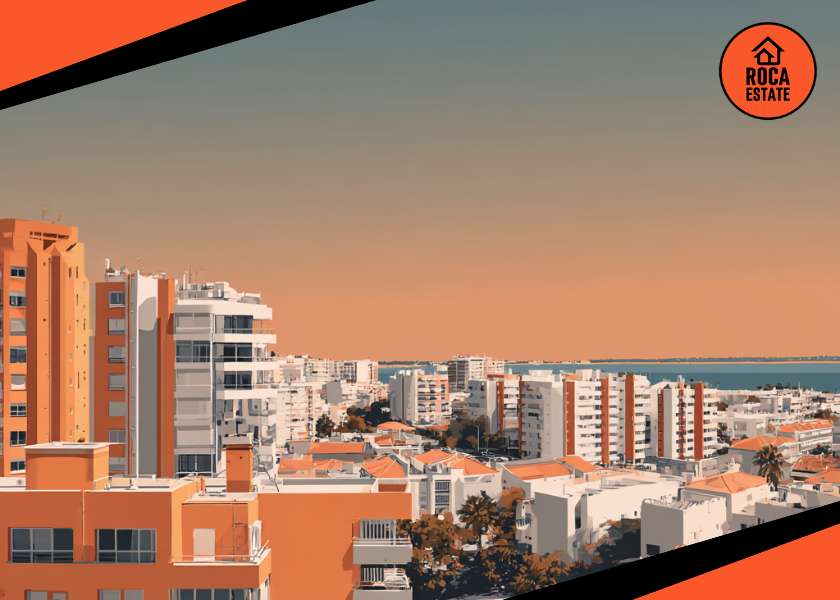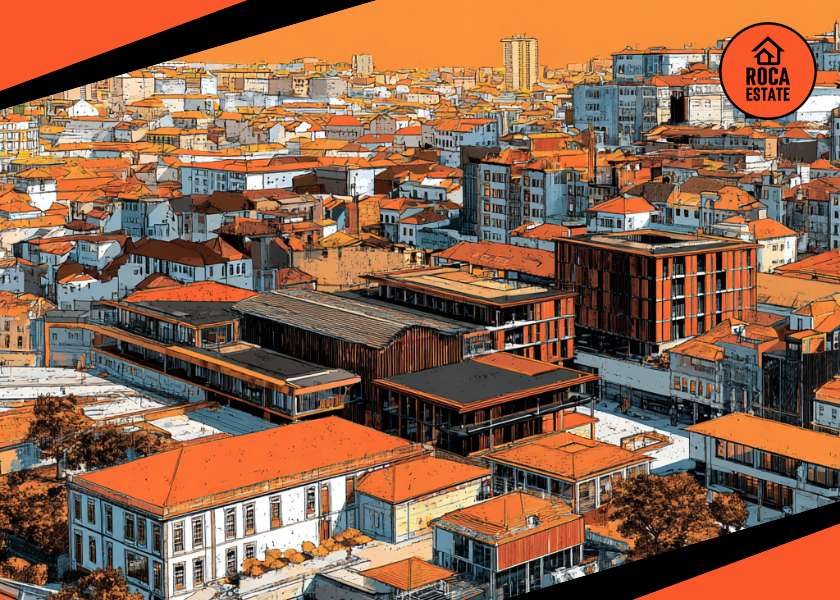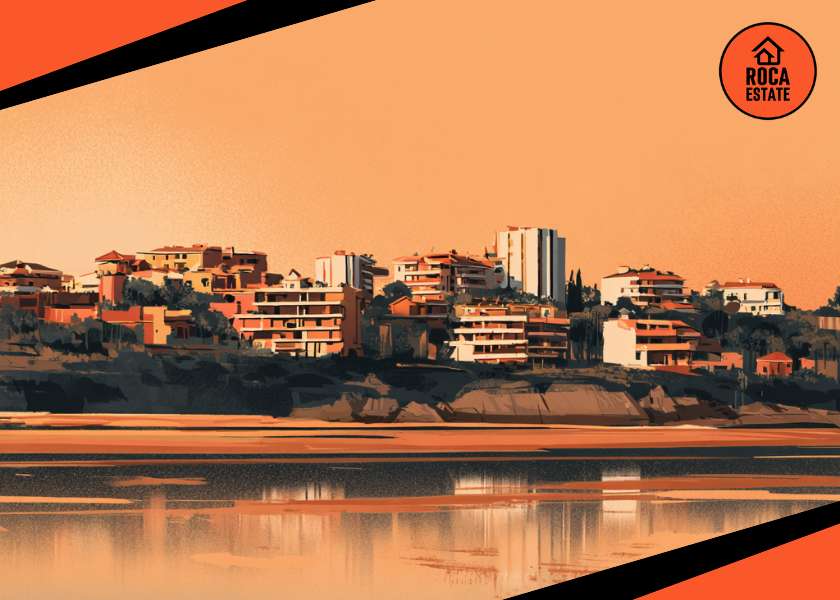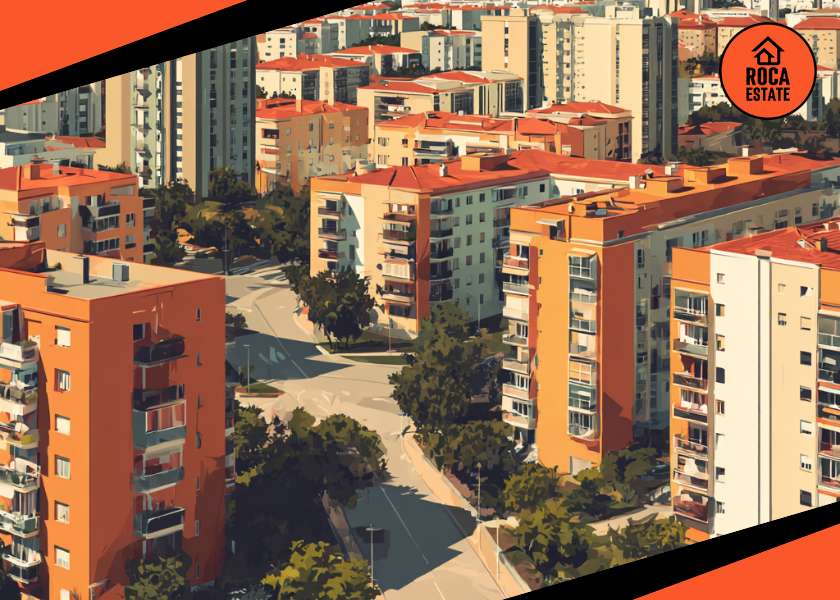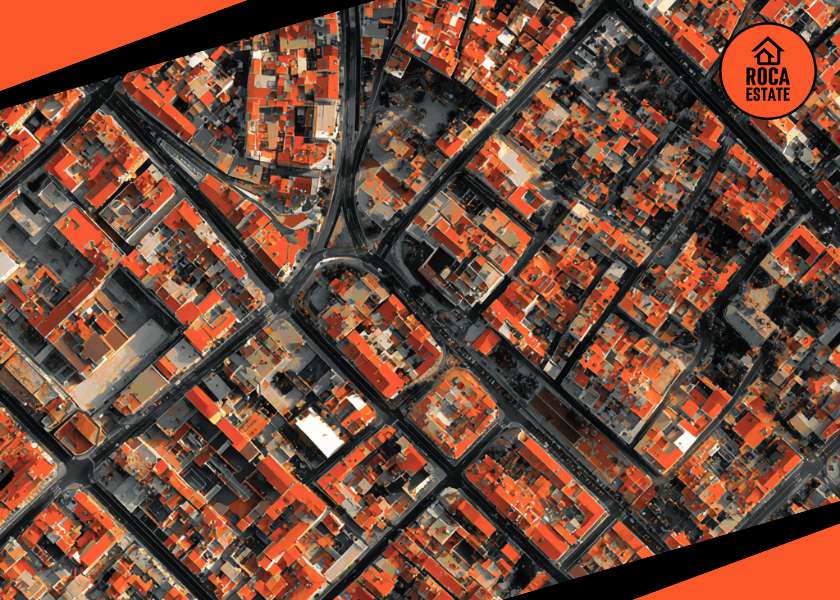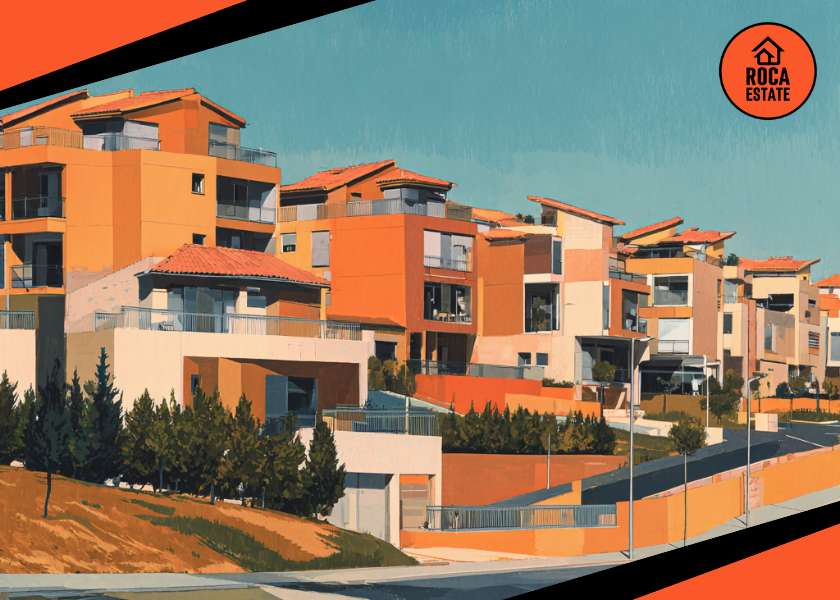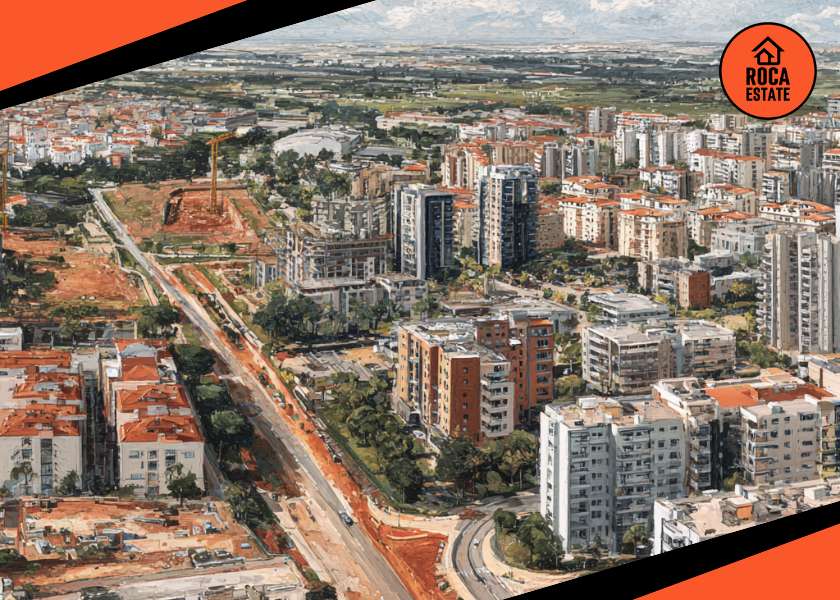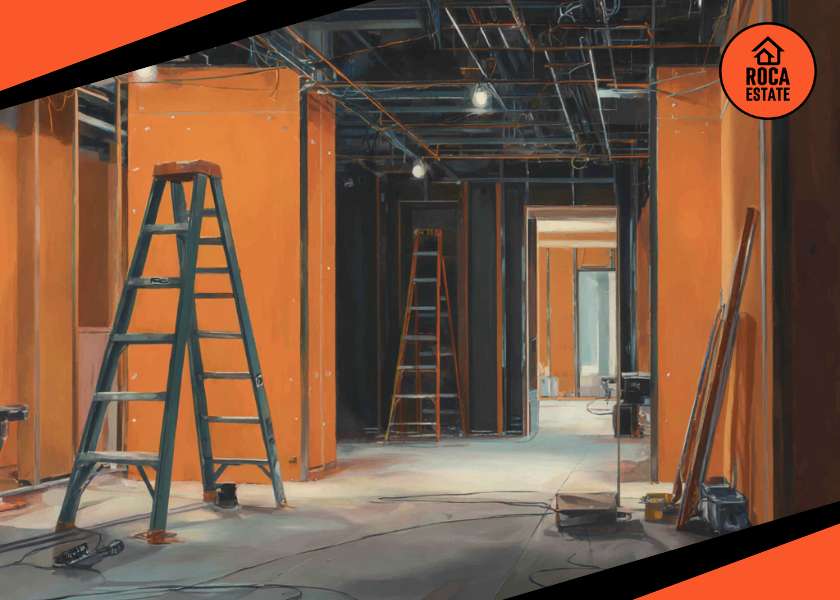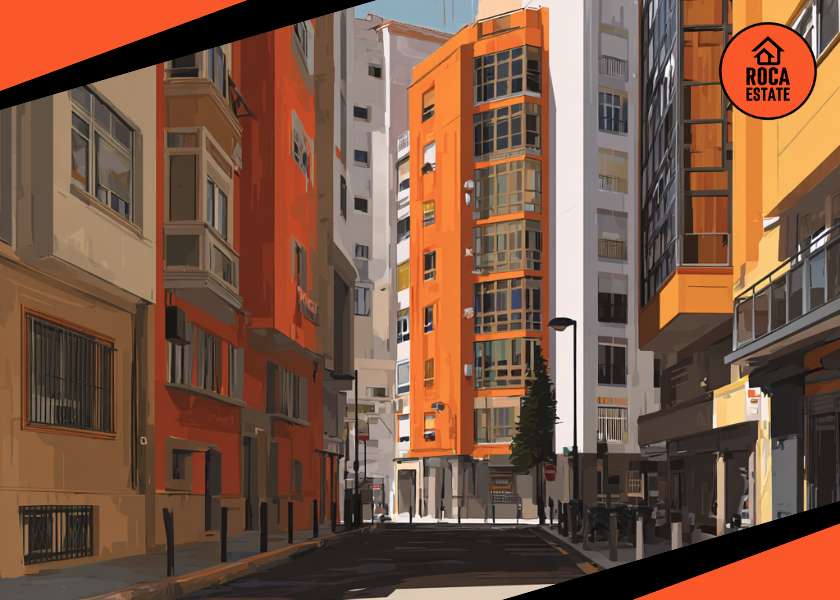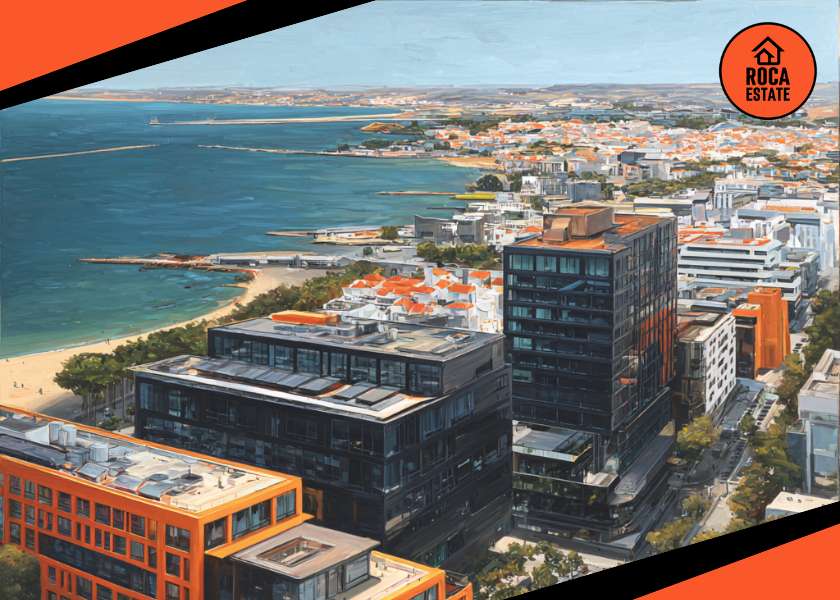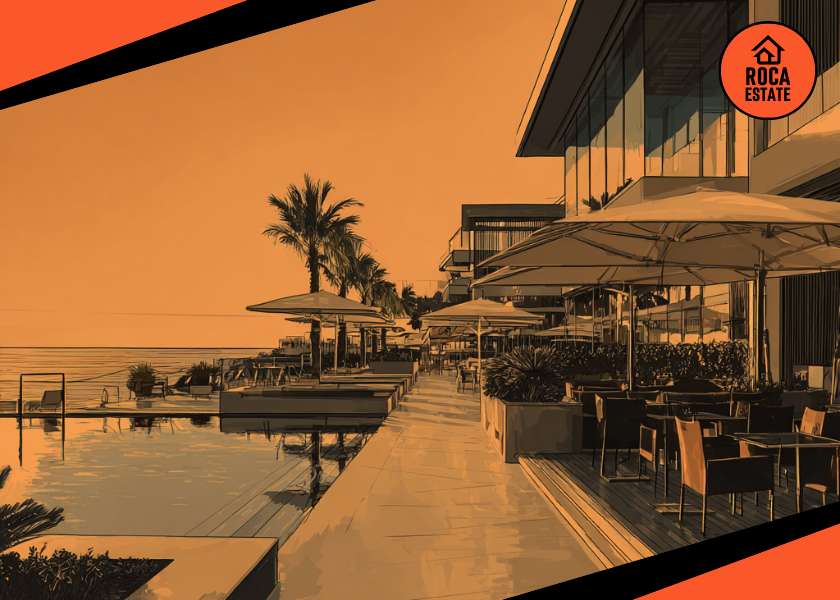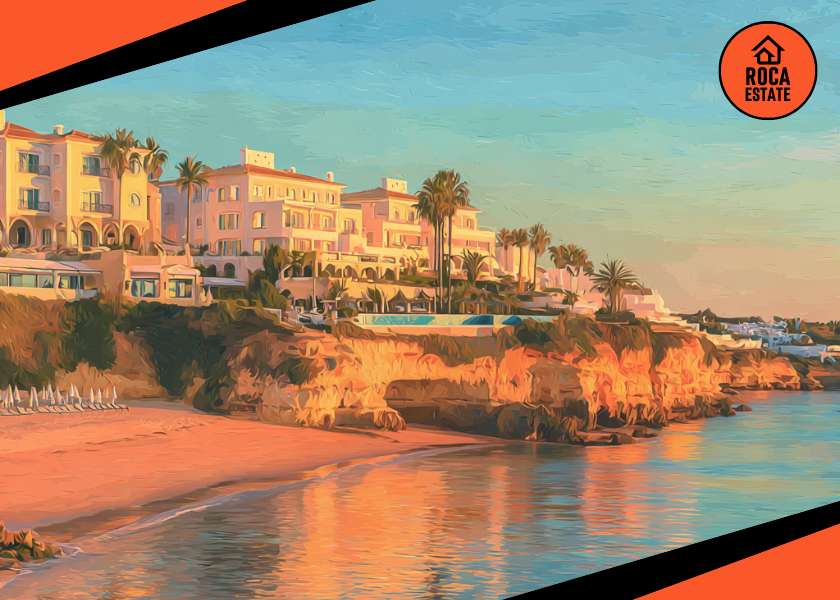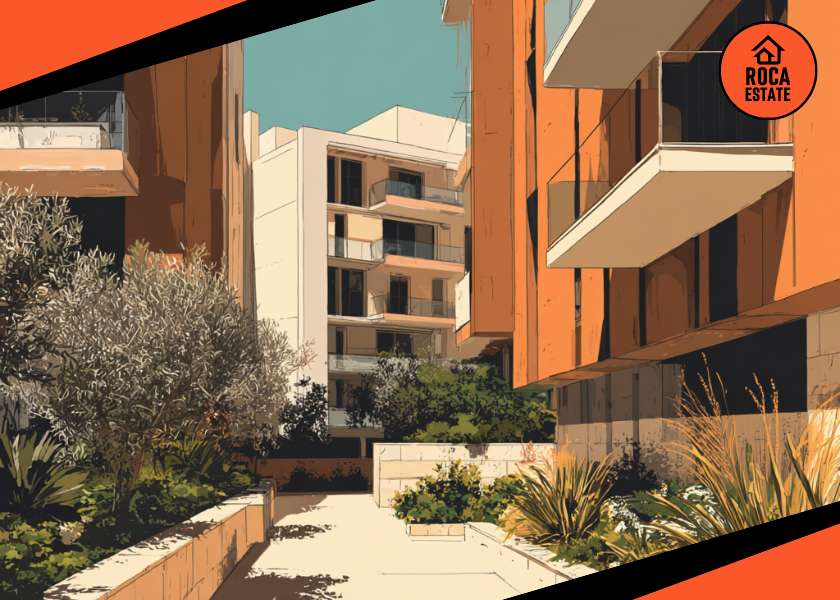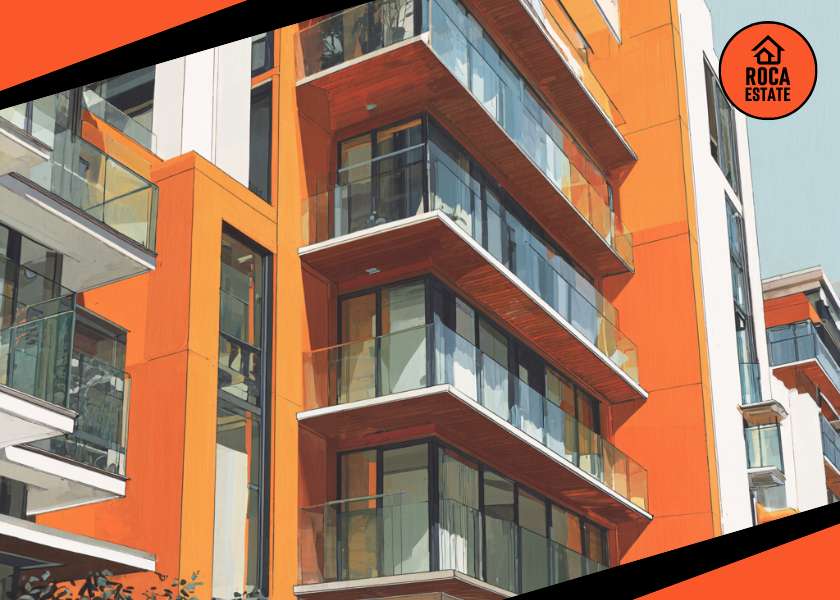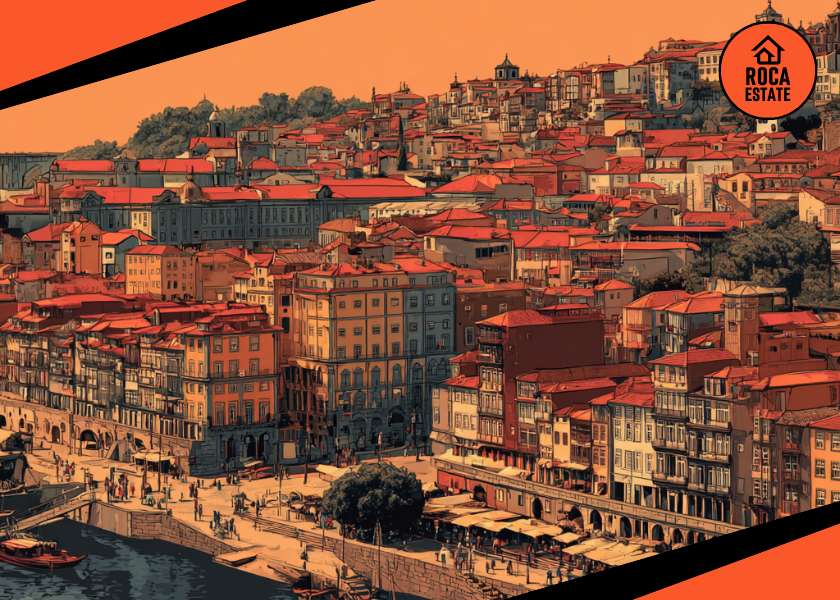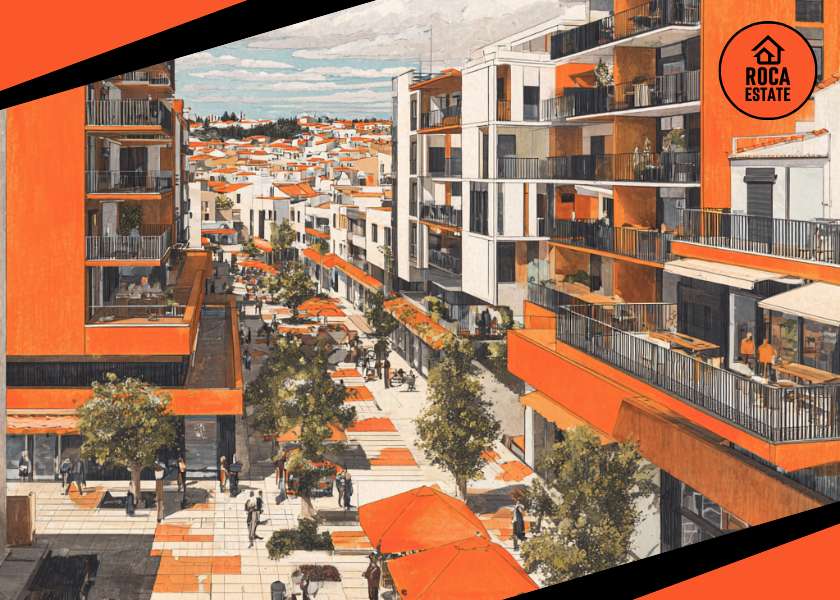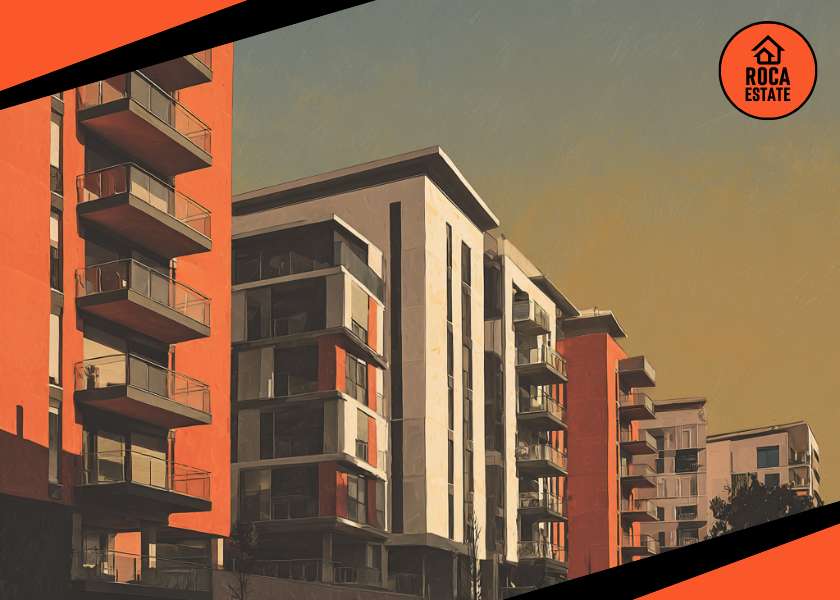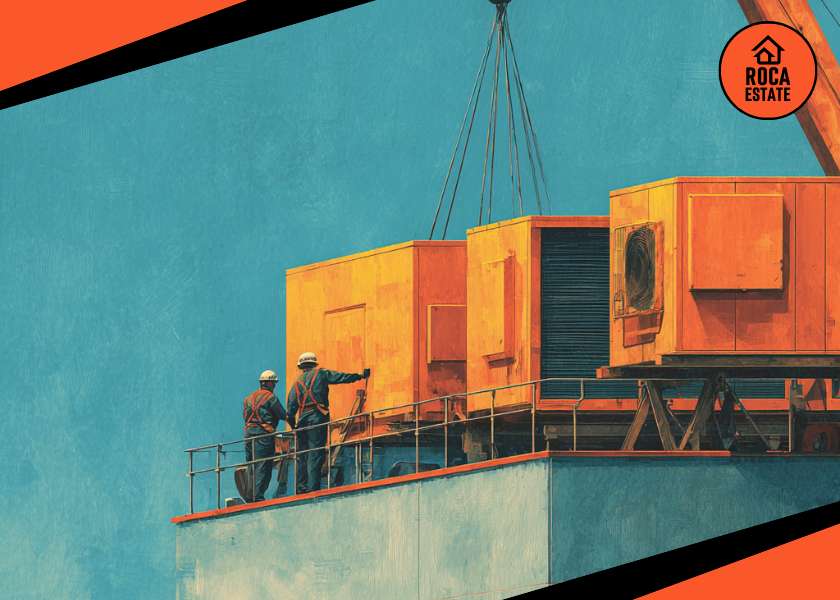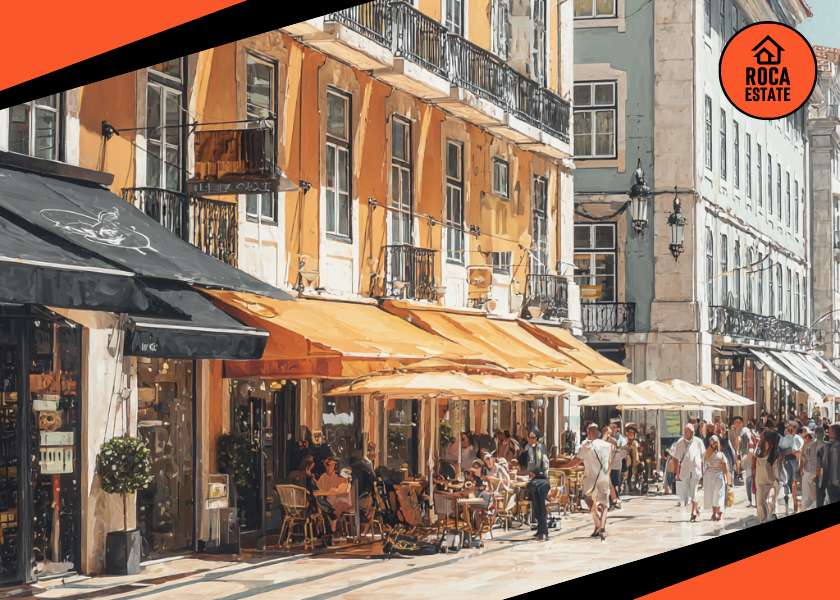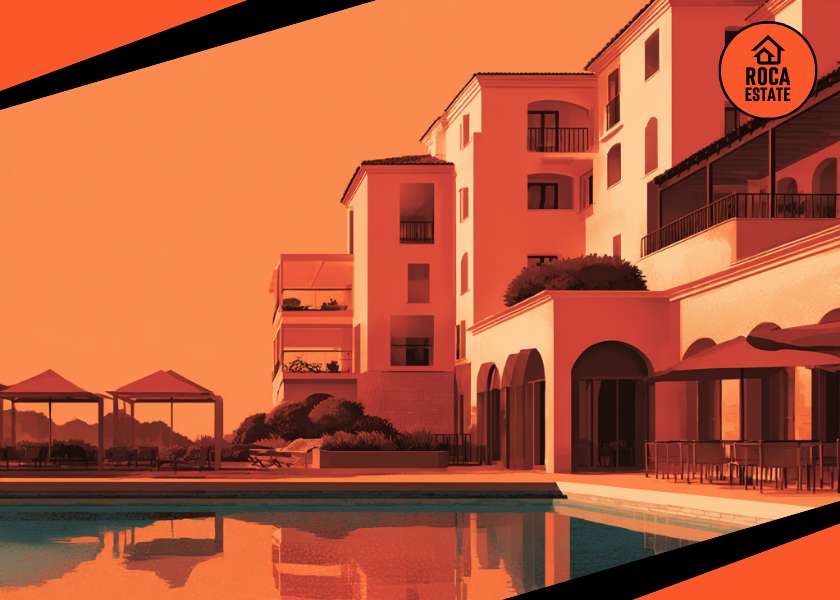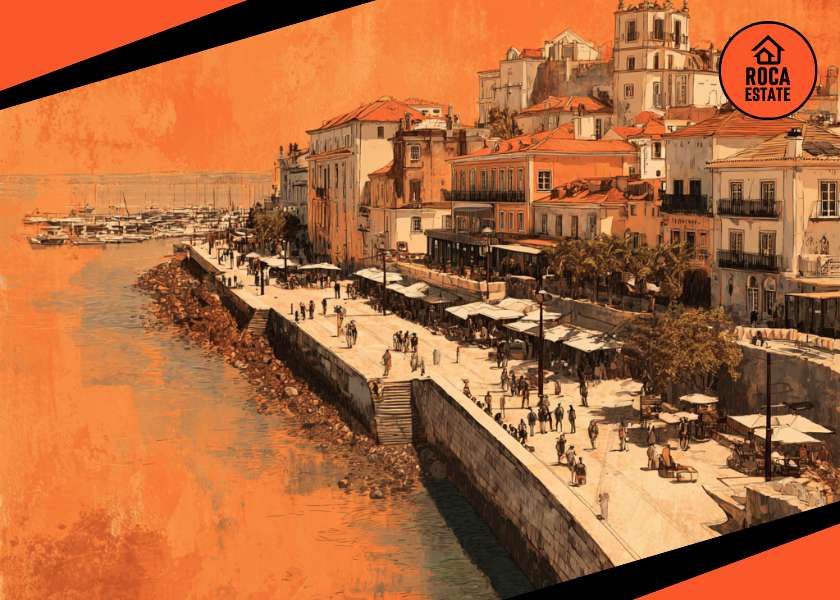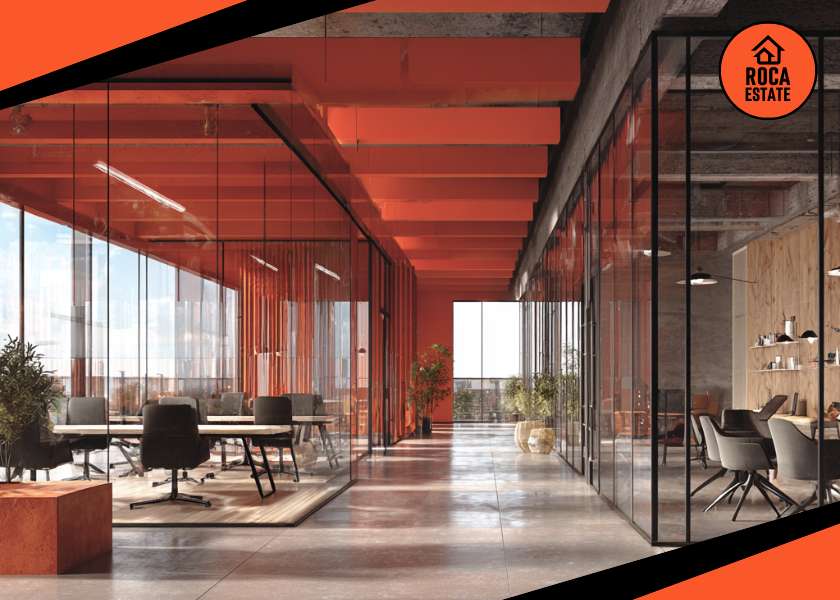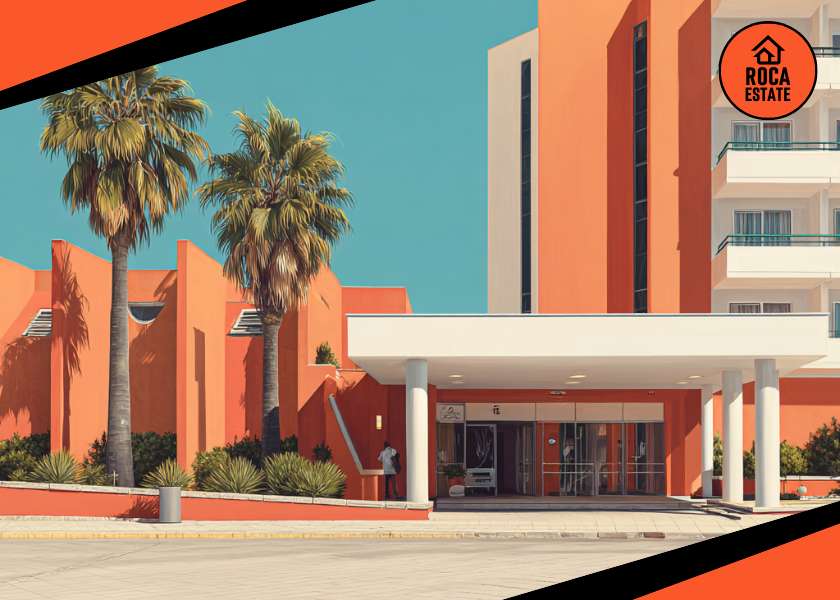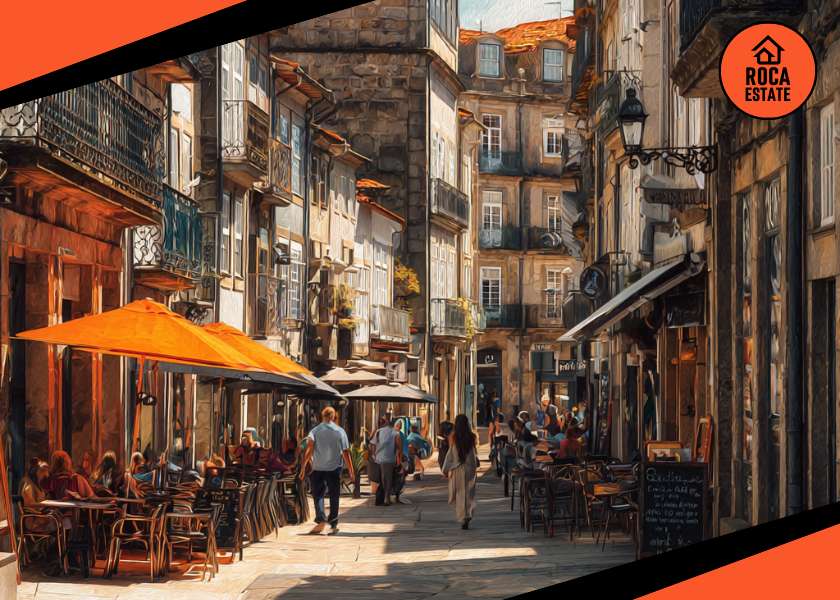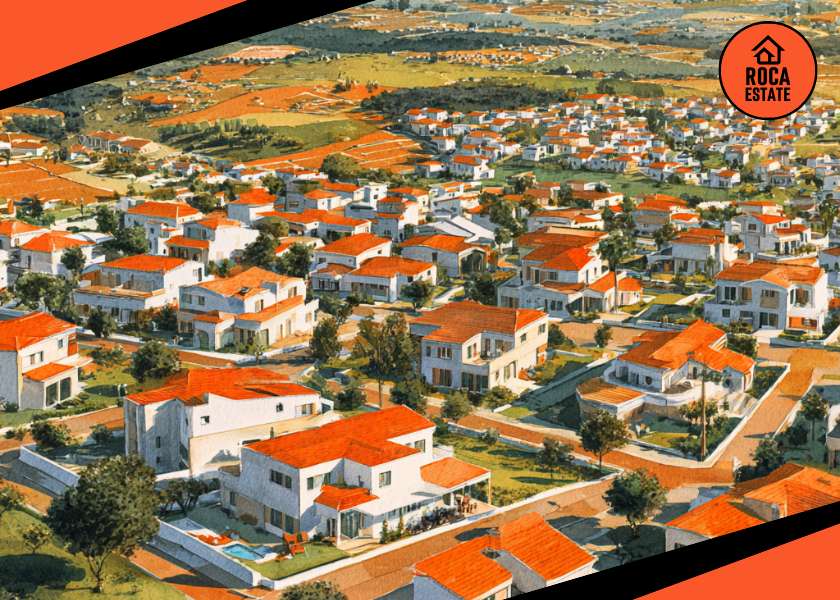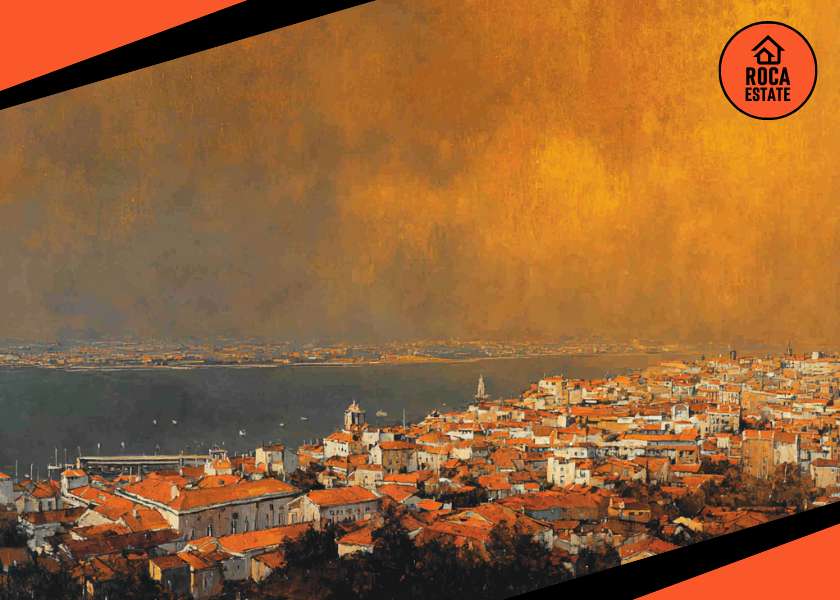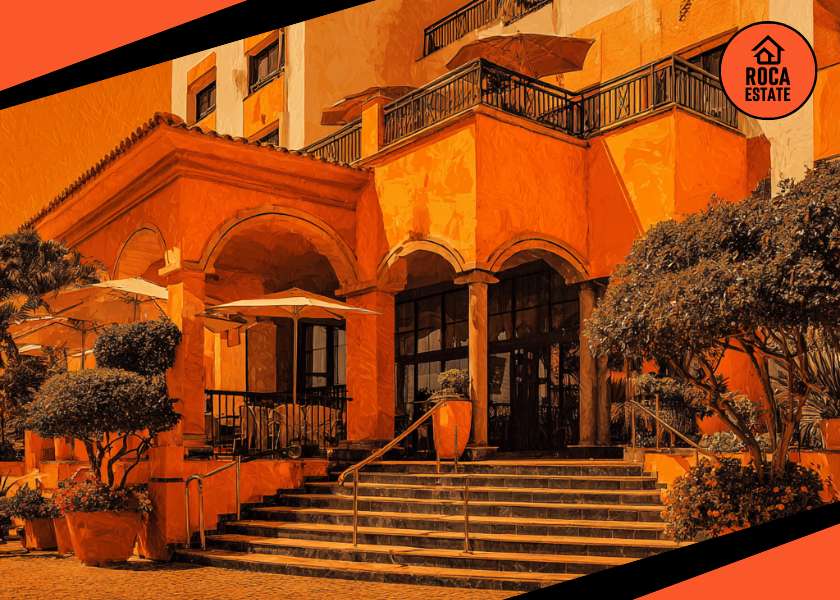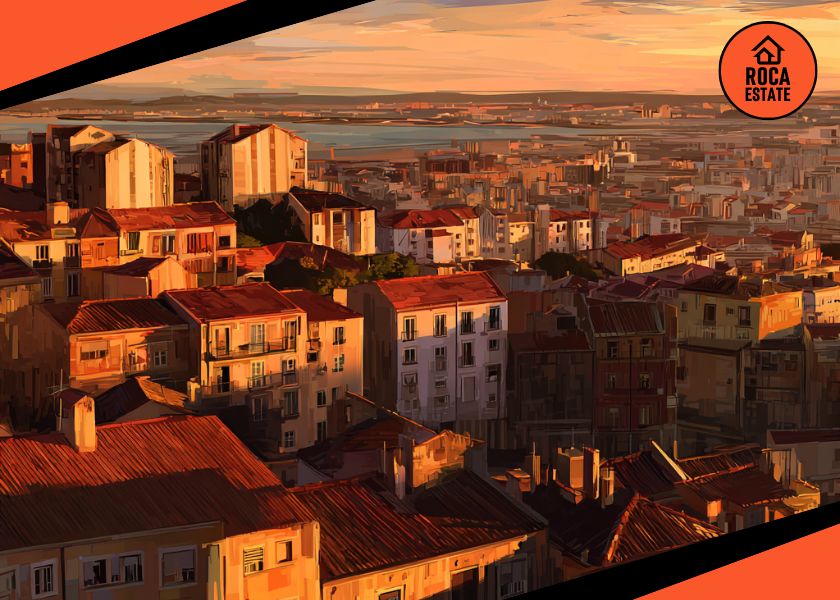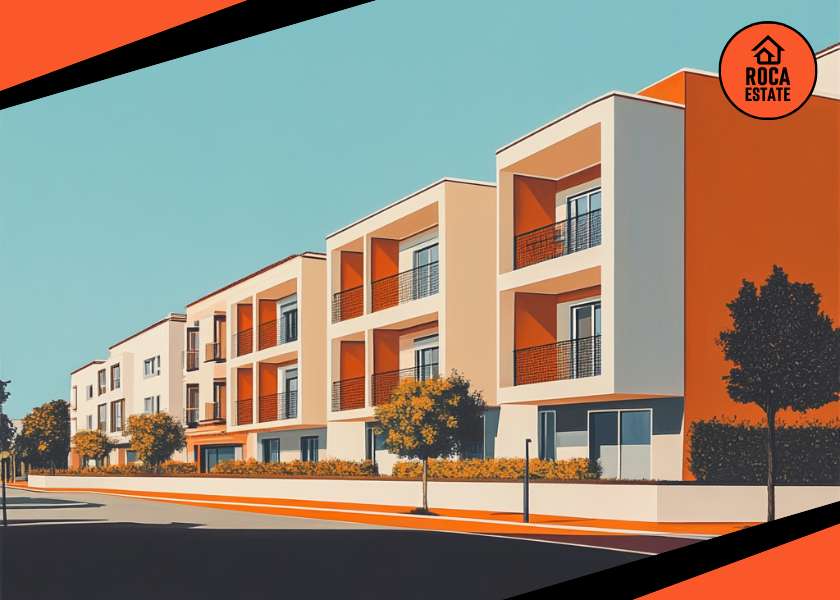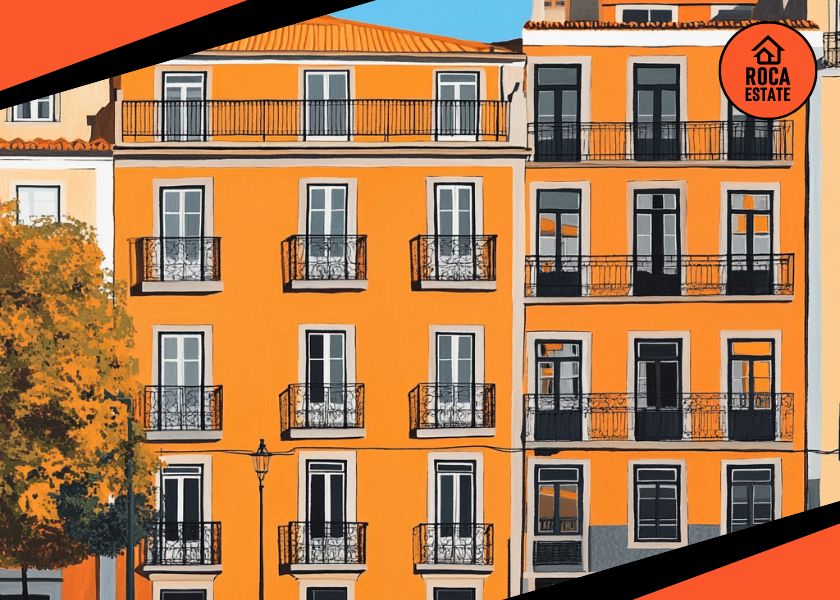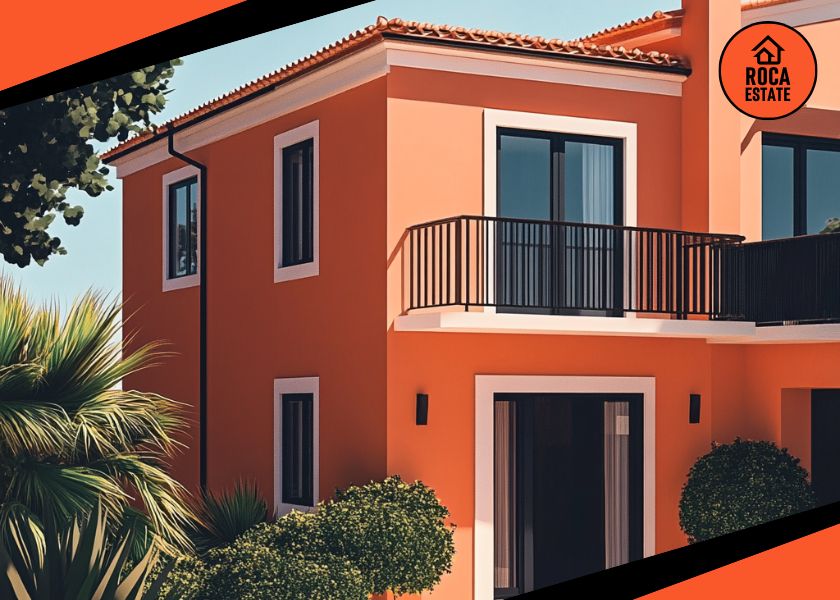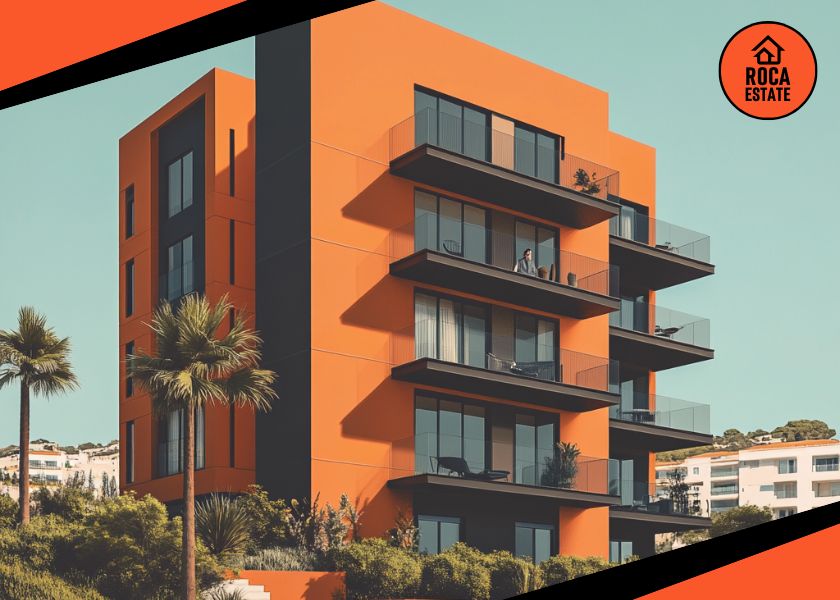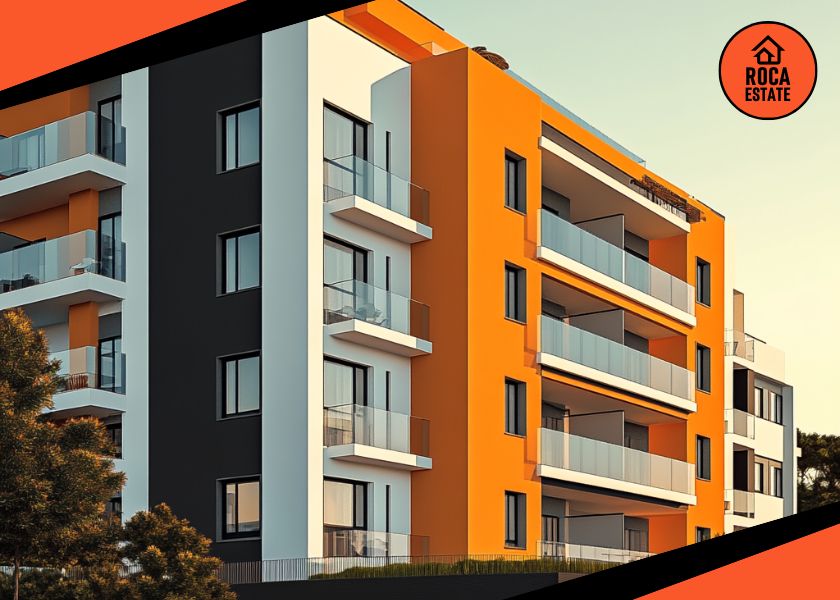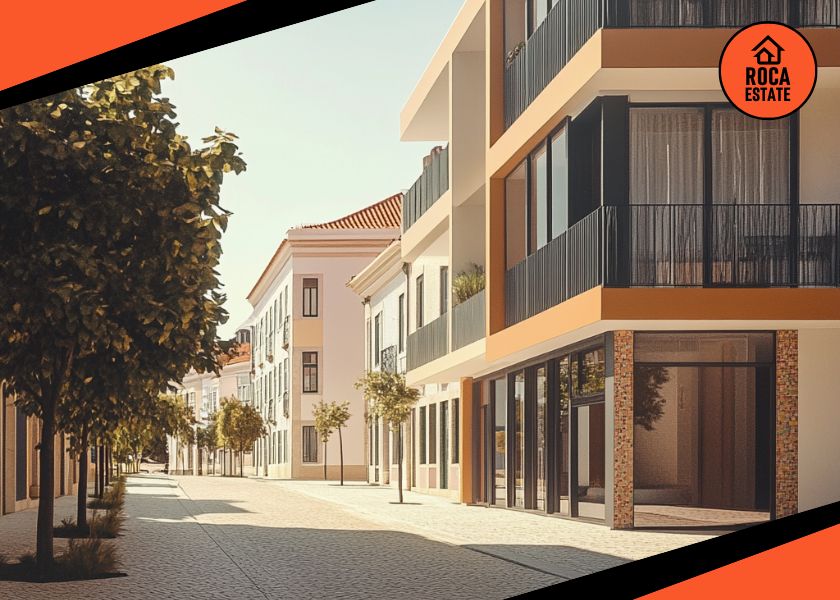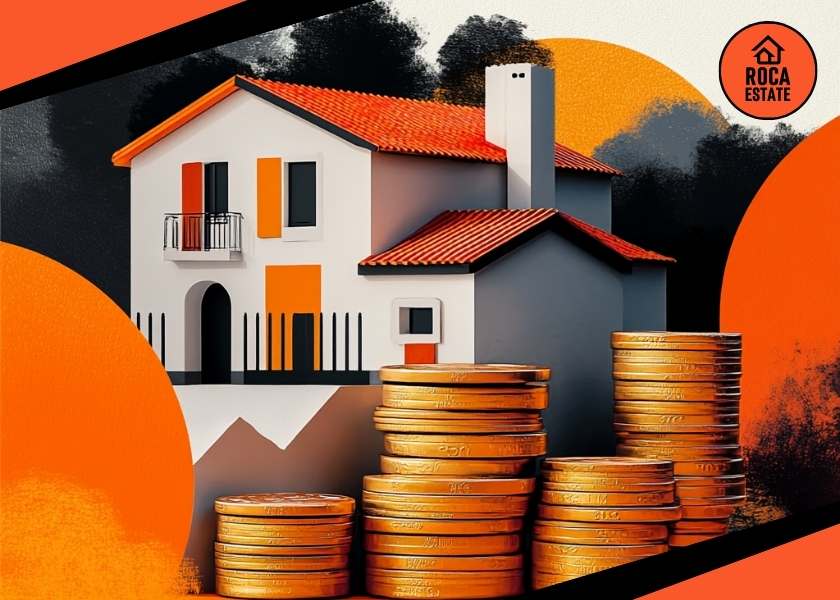The State of Play: Tourism Slows, But Real Estate Yields Stay Positive
According to the latest data from INE, Portugal commercial real estate investment continues to show resilience despite signs of cooling in the country’s tourism sector. In September 2025, total overnight stays increased by just 0.7% year-on-year, while total revenues climbed 5.6% to €840 million. This slowdown, driven mainly by weaker foreign demand, contrasts with steady domestic tourism, which grew by 5.6% and helped sustain hotel occupancy and pricing levels across key markets.
For investors looking to invest in tourism property in Portugal, the data highlights a market shifting from rapid expansion to yield optimization. With RevPAR and ADR still rising, hospitality-linked assets remain a stable income generator. The balance between domestic strength and international softness points to a maturing cycle — one that rewards strategic allocation and regional diversification.
Regional Trends: Diversification Is Paying Off
For investors considering commercial real estate in Portugal, regional performance remains key to understanding long-term resilience.
- Lisbon continues to dominate in revenue generation, accounting for 28.6% of national hospitality income, though growth was modest (+3.0%).
- The Algarve, representing nearly 28% of total overnight stays, saw a 2.2% decline, revealing its sensitivity to foreign market fluctuations.
- The Alentejo and Madeira emerged as growth leaders.
- Alentejo recorded an 8.0% increase in total overnight stays and +13.2% in total revenues.
- Madeira posted +16.4% growth in RevPAR and +15.6% in ADR, driven by yield-focused operations and rising domestic travel.
- Alentejo recorded an 8.0% increase in total overnight stays and +13.2% in total revenues.
For Portugal commercial real estate investors, these trends highlight the value of regional diversification — targeting markets with strong local demand and sustainable occupancy rates rather than relying solely on coastal tourism assets.
Demand Composition: Domestic Strength Offsets Foreign Weakness
The drop in foreign visitors continues to weigh on national figures. Among Portugal’s top 10 source markets, only Germany expanded (+3.1%), while the UK (-6.1%), Ireland (-7.3%), and France (-7.2%) all fell.
This evolving demand mix supports a key commercial real estate investment insight: assets in Lisbon, Porto, and inland regions may outperform those in the Algarve and other internationally dependent areas. The shift suggests that domestic tourism’s consistency is now a critical stabilizer for real estate cash flow in the hospitality segment.
Profitability Metrics: Pricing Power Supports Asset Returns
While occupancy rates slipped (56.4% bed occupancy, -1.4 p.p.), profitability metrics strengthened.
- RevPAR: €99.2 (+2.8%)
- ADR: €143.1 (+3.9%)
- Total revenues (Jan–Sep): €5.7 billion (+7.6%)
These indicators suggest that Portugal commercial real estate investment tied to hospitality assets remains fundamentally sound. The sector continues to absorb inflationary pressures while maintaining or improving per-room profitability.
Forward Outlook: Moderation, Not Contraction
Looking ahead, investors should expect continued market normalization, not a downturn.
- Domestic tourism remains robust, supported by stable employment and household income.
- International arrivals face headwinds from weaker European demand and high travel costs.
This environment favors defensive, yield-driven strategies — especially for institutional investors in Portugal commercial real estate focused on hotels, serviced apartments, and mixed-use hospitality assets.
Expect moderate revenue growth through late 2025, sustained by ADR management and portfolio optimization rather than expansion.
Strategic Takeaway for Real Estate Investors
The September 2025 data confirms that Portugal’s tourism sector is moving from a high-growth phase to a mature, yield-focused cycle.
For Portugal commercial real estate investment, that means:
- Rebalancing portfolios toward Lisbon, Porto, and Alentejo, where domestic demand buffers volatility.
- Prioritizing yield stability — selecting operators with strong pricing discipline and adaptable cost structures.
- Managing exposure to the Algarve and other foreign-dependent markets.
- Tracking macro indicators — especially eurozone travel demand and air connectivity — for early recovery signs.
Despite short-term cooling, Portugal’s commercial real estate market remains underpinned by resilient fundamentals, with the hospitality segment continuing to generate stable, inflation-protected income streams.Discover opportunities with Roca Estate and see how you can strategically invest in tourism property in Portugal backed by data-driven market insights and expert local guidance.



